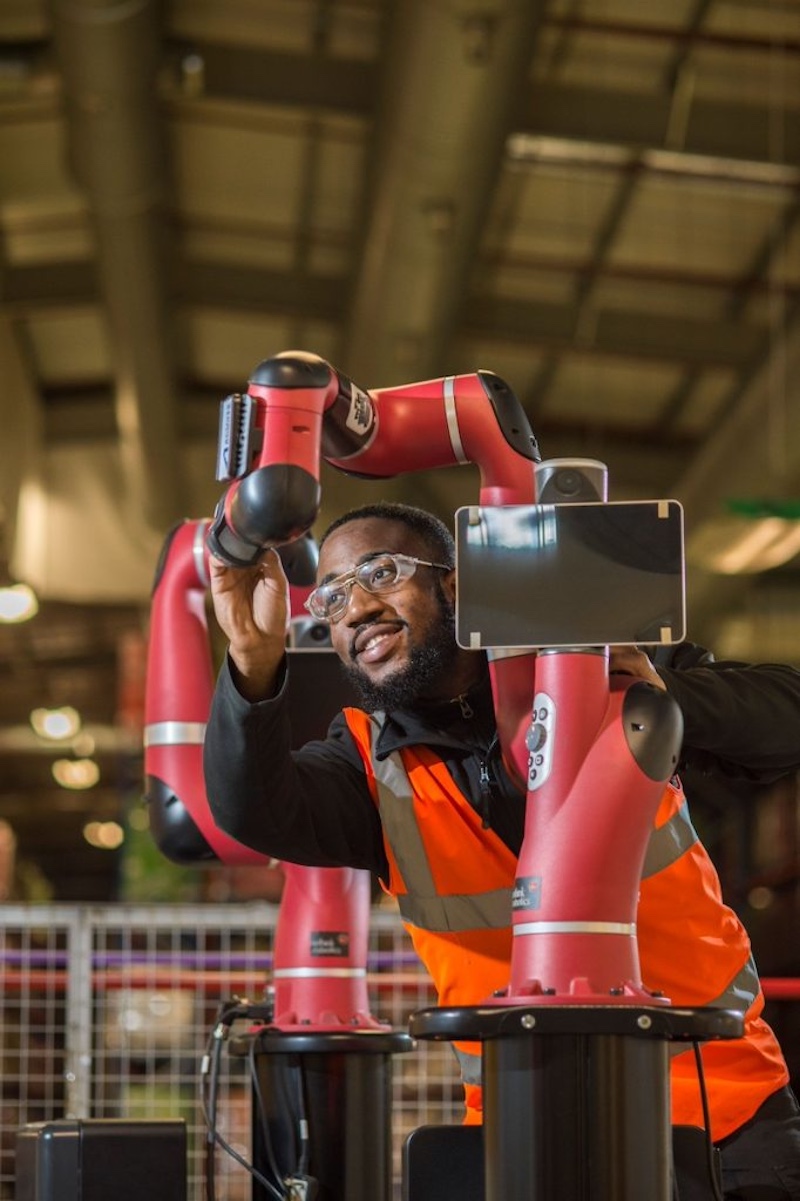Eighty percent of humans will engage with smart robots on a daily basis, and one in 20 supply chain managers will manage robots, rather than humans, by 2030, according to business management consultancy Gartner.
Organizations are placing greater emphasis on enhancing the capabilities of their existing workforce by supplementing with robotics due to factors like labor scarcity and rising costs.
Smart robots have been identified by chief supply chain officers (CSCOs) as an important investment area, though many acknowledge their organization lacks internal robotics expertise to maximally leverage these innovative technologies.
Abdil Tunca, senior principal analyst in Gartner’s supply chain practice, says: “CSCOs must develop an organizational structure to support the management of growing fleets of robots by creating a warehouse automation strategy.
“Managers will encounter different scenarios when managing robots than they would with people, especially when managing fleets of task specific and polyfunctional robots, which will navigate more tasks and spaces within warehouses and fulfillment centers.”
As robot fleets expand rapidly, more companies will adopt and explore diverse applications for robotics. Initially, when fleets are small and specialized, a technical professional or engineer will oversee operations within specific functional boundaries.
However, as fleets grow and companies embrace varied robotics use cases, establishing a management structure to oversee robotics operations becomes essential.
New management methods needed
Most organizations have well-established human capital management practices to guide managers on how to manage people and have the skills needed to be successful, yet there are few methodologies today for managing robots and almost none for managing varied fleets of robots.
While it won’t be necessary for supply chain managers to have the engineering skills required to build robots, they will need a general technical understanding of what the robots can do and how they work together with other robots and people.
This knowledge will be crucial for understanding the business problems robots can reasonably address and provide this guidance to business leaders.
For instance, if a mobile robot is tasked with retrieving pallets in a warehouse, but the specific pallets are situated at a considerable height within a zone where humans are also present, a manager must acknowledge the safety challenges involved.
Additionally, they would need to allocate extra time and resources to ensure the mobile robot can successfully accomplish the task.
To support the transition to managing mobile robots, companies should:
- Develop a dedicated robotics competency center for driving successful robotics adoption across the organization
- Create a holistic approach to robotics by outlining a robust warehouse automation strategy
- Include management of the entire robotics journey, from knowledge gathering to deployment, support, and maintenance
- Implement strong governance to address the robotics selection process, expected contract service-level agreements, various pricing mechanisms and define cyber-security standards.
Tunca said: “The journey toward adopting robotics will be valuable, but also challenging, and requires organizational support.
“Initially, robot management will operate as a distinct role within supply chain. Over time, managing robots will become integrated into various departments and job functions, akin to how the IT function has evolved and gained prominence within organizations.”

